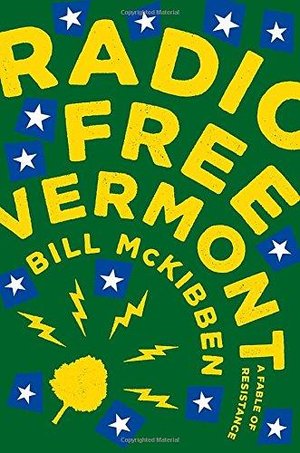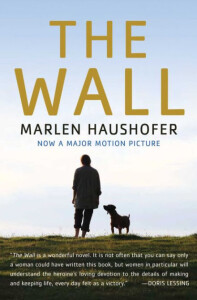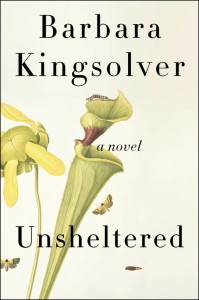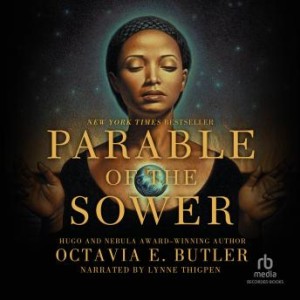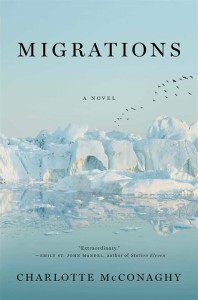
As a writer, I learn something from every book I read. In no particular order, these are ten of the best books I read in 2024. Please check the links to the blog archive for a fuller discussion of those I’ve reviewed.
Note: I did not include poetry here, though I read the work of some amazing poets, such as Richard Wilbur, Sam Schmidt, Linda Pastan, Ellen Bryant Voight, and Mahmoud Darwish. If you’re interested in reading a wider range of poets, consider joining in on the monthly Poetry Discussion Group I host. Free, no experience necessary, and copies of the poems are provided. Details on my website.
Fiction
Twelve-year-old Noah Gardner receives a letter from his mother, who disappeared several years earlier. It has been opened by the authorities of course, and is covered with drawings of cats. Noah and his father, formerly a linguistics professor but now demoted to a janitor, live in a U.S. that shows what our current country could easily become. Noah decides to find out once and for all what happened to his mother, a famous Chinese-American artist. A powerful story that puts our current social and political tensions into a (so far) fictional authoritarian world.
Nell Young loves maps and once dreamed of working with her brilliant father in the Map Room of the New York Public Library. Her even more brilliant cartographer mother died when Nell was a toddler. When Nell gets an emergency call from the New York Public Library, she embarks on a quest to identify the monster behind a string of thefts and murder. The delightfully complicated plot uses maps in surprising and satisfying ways.
This fascinating novel is based on the true story of twenty-four-year-old Louella Bobo who in 1865 leads a group of her fellow former slaves to build a community in the Carolinas. The part I enjoyed most was the building of the Happy Land: how Louella managed to negotiate what they needed, the ways they found to make the money they needed, and the success of their communal sharing of all resources.
Mary Pat Fennessy just wants to find her daughter. It’s 1974, and life is hard in the grinding poverty of South Boston’s housing projects. She’s buried both her first husband and her son, who fought in Vietnam but came home to Southie to overdose on heroin. Her beloved second husband left her, and now her remaining child, Jules, has not come home from a night out with friends. In this complex story, Lehane shows how difficult it is to go against your tribe. It is a cracking good read, and accurate in its depiction of the time and place, at least according to my memories.
Chieko lives with her parents in the same building that houses their shop in Kyoto. This gentle story of a few months in her life begins with three images that embody themes central to Japanese literary tradition while later, more modern themes emerge. The microcosm of Chieko and her family holds a much larger story about how we handle the past—what we keep and what we discard—not only traditions but also our memories and our own identities. This beautifully written story is one that will haunt me.
Nonfiction
The author of the exquisite and deeply moving memoir H Is for Hawk returns with this collection of essays. She compares them to the objects you might find in an 18th-century cabinet of curiosities. As MacDonald opens the doors on these wonders of the natural world, she encourages us to see nature as something other than a reflection of ourselves. I read and reread these essays, loving the way she communicates the “qualitative texture of the world.”
Subtitled Essays and Occasional Pieces, 2004 to 2021, this is Atwood’s third collection of essays, speeches, book introductions, and reviews. What astonished me was how readable this heterogeneous collection is. Of course, we have Atwood’s voice throughout: intelligent, calm, learned, self-deprecating, and witty. For a more global understanding of the issues facing us, their interconnectedness, and how we can move forward, this book cannot be beat.
This astonishing book should be required reading everywhere in the Western world. This history of women in England for the last 900 years is fascinating and infuriating. Women have suffered ever since William the Conqueror brought his patriarchal ideas about the superiority of men over women to England in 1066, obliterating the more equitable society he found there. In this book, every assertion is backed up by example after example drawn from primary sources, starting with the Norman laws that dictated the so-called natural inferiority of women, morally, mentally, and physically. As the book progresses through the centuries, we get stories of many extraordinary women and their struggles.
Subtitled A Story of Art, Female Friendship, and Liberation in the 1960s, Doherty’s fascinating new book tells of the Radcliffe Institute for Independent Study, created in 1960 to provide a stipend, office space, and a like-minded community to help women advance their careers as scholars and artists while also caring for a family. Doherty concentrates on a few of the first fellows: poets Anne Sexton and Maxine Kumin, writer Tillie Olsen, sculptor Marianna Pineda and painter Barbara Swan. The book provides fascinating insight into the creative life and what can inspire or hinder it. It’s also a wonderful portrait of that era and of these remarkable women.
Even those who don’t care who inspired Proust’s Duchess of Guermantes may enjoy this biography of three fascinating women in fin-de-siécle Paris. At a time and in a society where women had no power, these three embarked upon “a conscious strategy of self-promotion.” Like so many today, they became famous for being famous. However, Weber goes beyond that easy judgment and delves into their lives, showing us that in striving to be celebrities, they wanted to be noticed. They wanted to assert some agency over their lives.
What are the best books you read in 2024?
